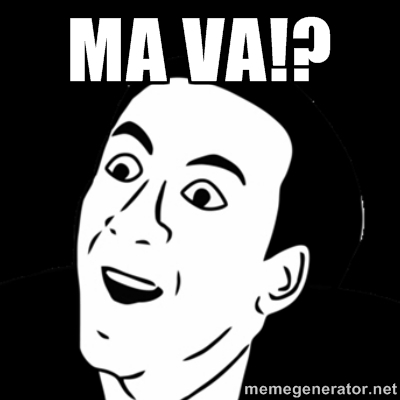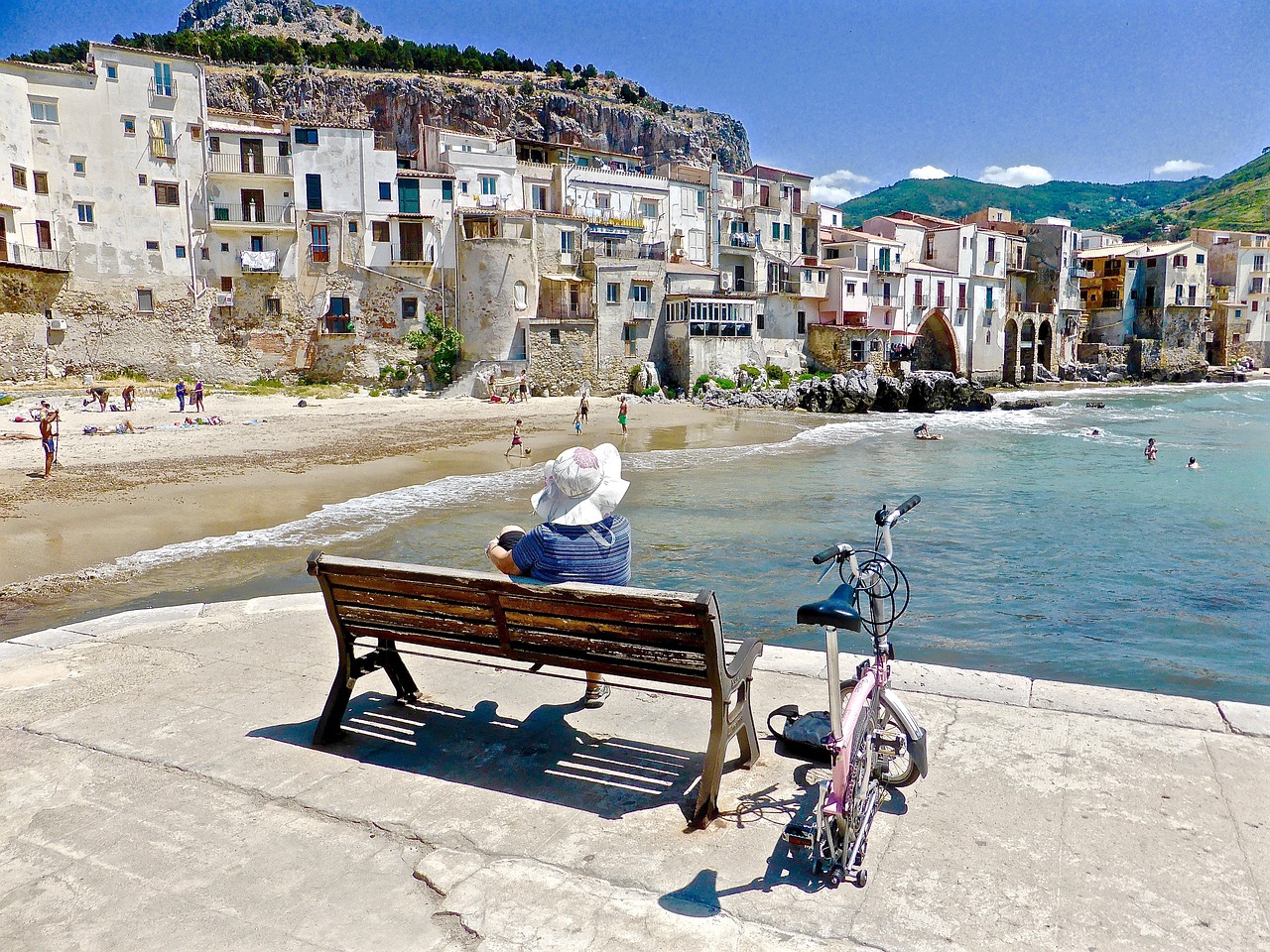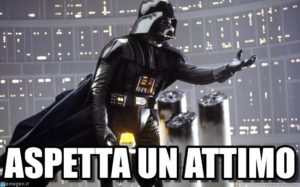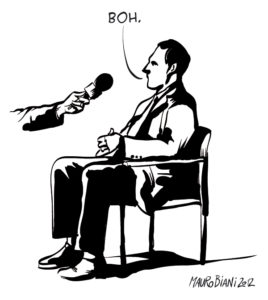Do you want to sound more natural when speaking Italian? No matter you are new to the beauty of the bella lingua or you have already spent several years studying it, these 10 useful slang expressions, will help you to speak Italian more like a native than ever before.
1.Va bene
Va bene is the italianization of the English O.K. and shows acceptance and agreement. It’s a synonym to other common Italian words, like: certo, OK, bene, sì.
When it comes in question, like in “Va bene?”, it means: “Got it?”
- Puoi spegnere la luce? Va bene! – Can you turn off the light? OK.
- Non voglio più vederti piangere, va bene? – I don’t want to see you crying anymore, got it?
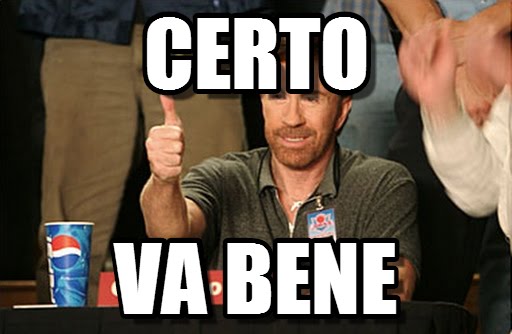
2.Un attimo
Un attimo is a more of familiar expression of un momento. If you wonder if there is any difference between one or another, the answer is, yes! An attimo qualifies as a shorter period of time compared to a ”momento”.
3. Boh
The Italians are not certainly known for being straightforward and concise, including when they speak. Boh kills the trend and qualifies as an onomatopoeic sound expressing uncertainty. The closer English translation would be ‘I don’t know’. In short, ”boh” is an everyday expression meaning ‘non lo so’.
It’s pretty informal and better to use with friends and avoid in more formal situations (aka don’t use it a restaurant, for example).
- A che ora arriva Maurizio? Boh! – What time does Maurizo arrive? I don’t know!
4.Che schifo!
Che schifo means simply “it sucks”. The scenarios leading to the use of such expressions might involve the sight, taste or touch of something considered to be disgusting by the person that experiences it.
- Che schifo questa pasta! – this pasta sucks!
- C’è un topo nella stanza: che schifo! – there is a mouse in the room, how disgusting!

5. Tipo
Tipo is a colloquial expression aiming at specifying something or giving an example. In English would be ”like” or ”for example”.
- Voglio un vestito tipo quello – I want a dress, like that one
- Vorrei visitare un’isola del Mediterraneo, tipo Capri – I would like to visit an island in the Mediterranean Sea, like Capri


Test Your Italian
Not sure what your Italian level is? I’ve created a free online Italian test to help you determine it.6. Mannaggia
Mannaggia qualifies as a polite vulgarity for ‘caz*o or s*it. The word has Southern roots. In Southern Italian it is also spread the expression ”mannaggia …a te, a lui, a ”x person”, meaning in English..”you will be damned!”.

(I puffi – the smurfs)
7.Allora
Allora represents pretty much as a mysterious word for most non-native Italian speakers.
Allora…Allora, buys you a little time and tells the listener you are thinking things over especially when used by itself, or introduces a sentence. Used by itself, it can express impatience. Sometimes it is just one of those word fillers.
- Allora..sei pronto – So..are you ready?
- Raccontami la tua storia! – Allora… sono arrivato in Italia più di 20 anni fa – Tell me about you! So..I arrived in Italy more than 20 years ago
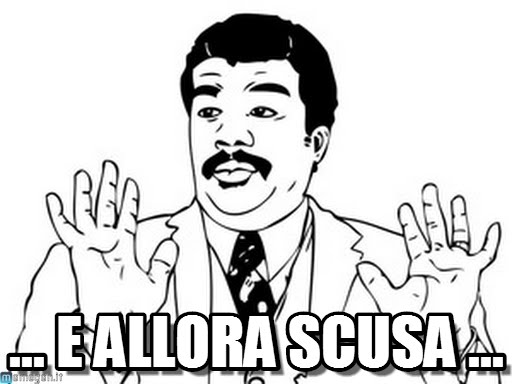
8. Evvai!
Hurray! Evvai it is an expression showing satisfaction, or an accomplishment of something you have been working for.
- Abbiamo vinto la partita. Evvai! – We won the match! Hurray!
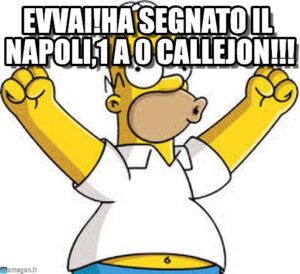
9. Caspita
”Oh boy”, ”geez”, “goodness” Caspita can be both a positive or negative exclamation, depending on its intonation. It can express surprise or impatience or regret.
- Caspita, non me l’aspettavo’ – Oh boy, I was not seeing it coming
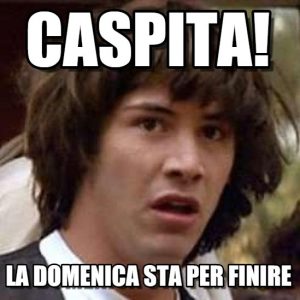
10. Ma va’
Ma va’ stands for “really?” or ”You don’t say it” . Ma va’ qualifies as an exclamation of surprise used after hearing something hard to believe in. For example:
- Mi sono sposata sei volte! – Ma va’! – I got married six times. Really?
In the foregoing example, “ma va'” means: I am surprised, I can’t believe it)
In different scenarios, Ma va’ means also ”surely not”, for example:
- Mi hanno detto che hai vinto alla lotteria! Ma va’… – I was told you won the lottery. That’s bullsh*t.
In the foregoing example, “ma va'” it means: you are joking, it is not true.
